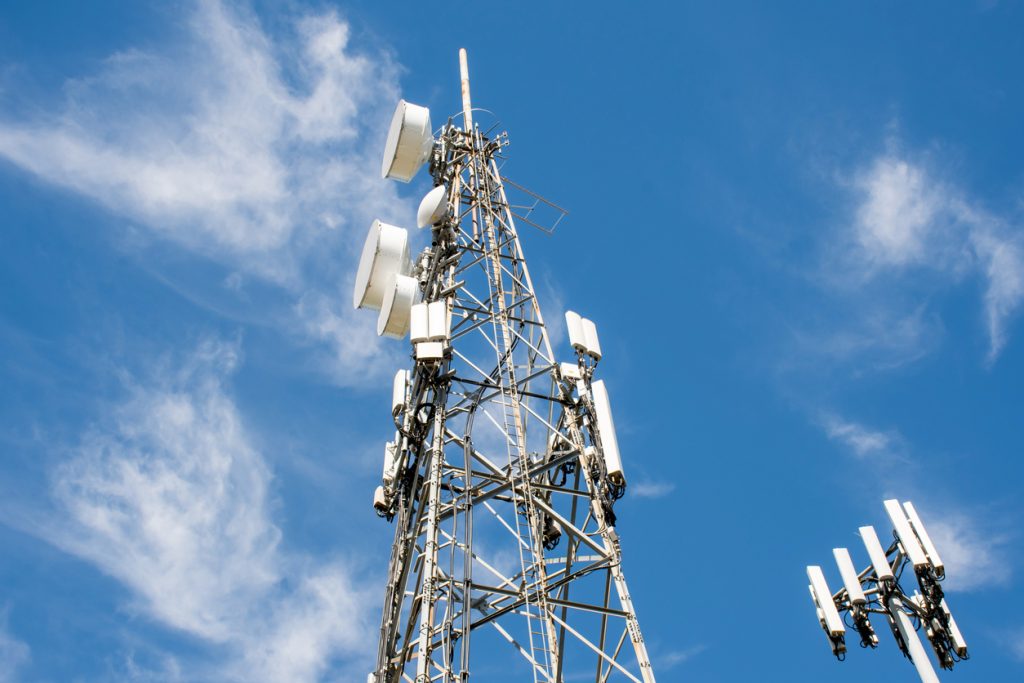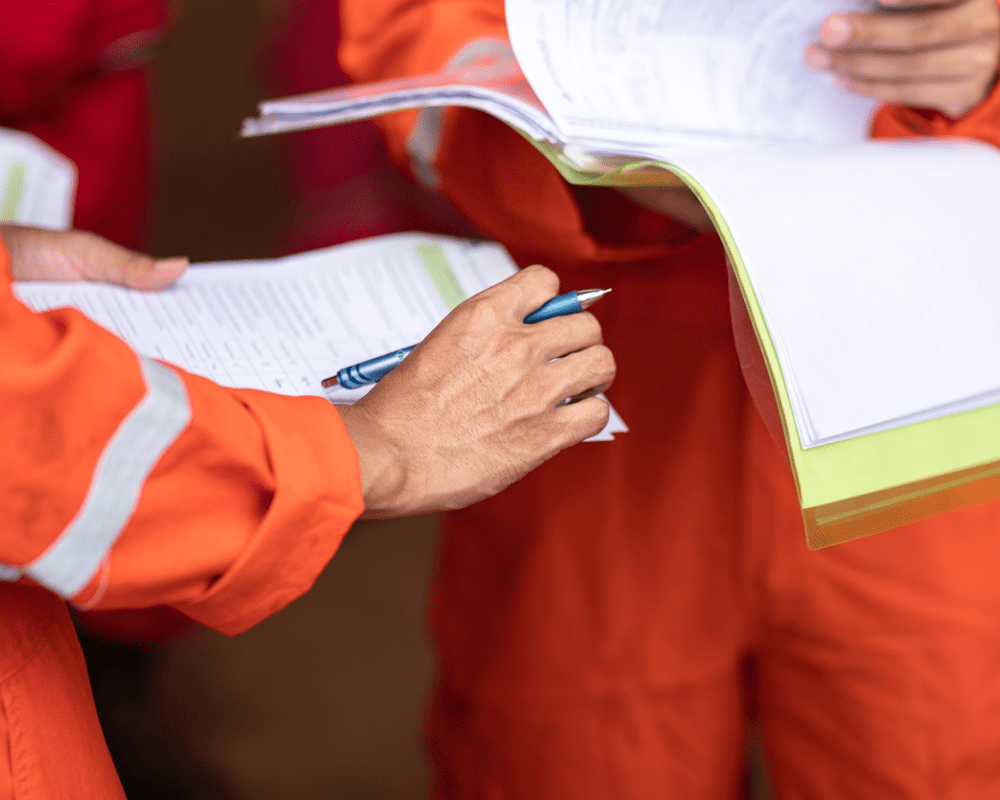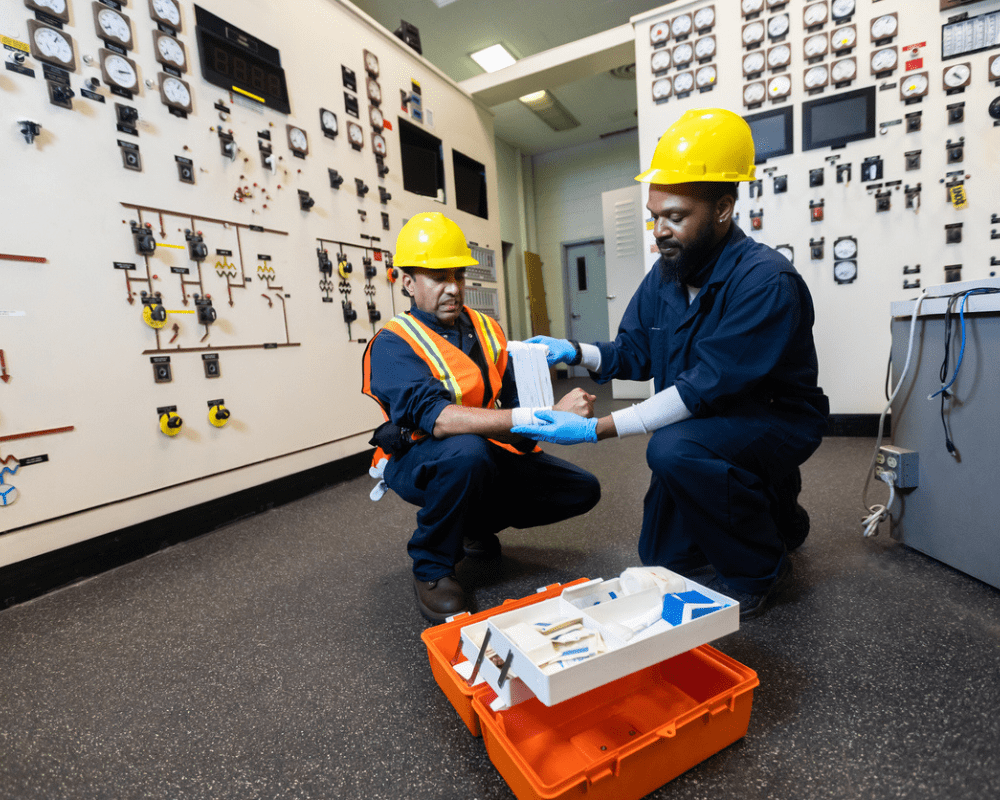If you work in utilities, especially telecoms, power, civil works or multi‑utility projects, you may wonder whether to take SHEA Telecoms or SHEA Power. Both are part of the broader SHEA (Safety, Health and Environmental Awareness) framework, but each targets different sectors and risk‑profiles. This blog helps you choose the right certification for your work, ensuring safety, compliance and smooth site access.
What Is SHEA Telecoms?
SHEA Telecoms is the scheme designed for those working in the telecommunications industry, including underground ducts, overhead cabling, street‑works, fibre network installation, maintenance, and civil engineering works linked to telecoms infrastructure. It covers the standard SHEA core modules plus a telecoms‑specific module addressing hazards and safe working in relevant environments.
Completing the course gives you a SHEA Telecoms card under the Energy & Utility Skills Register (EUSR), recognised across the UK utilities sector. The card is valid for three years and is accepted on many CSCS‑controlled operational and construction‑style sites.
SHEA Telecoms is ideal for:
- Engineers, operatives and contractors installing or maintaining telecoms ducts, overhead cables or fibre networks.
- Streetworks and highway teams working on underground ducting or excavations related to telecoms infrastructure.
- Civils contractors combining telecoms tasks with other utilities or civil works.
- Temporary or agency workers needing utility‑sector certification for site access, including short‑term jobs or multi‑contract roles.
What Is SHEA Power?
SHEA Power serves those working in the electrical power industry, including power generation, transmission, distribution, and maintenance of substations, overhead lines, and underground cables. It builds on the SHEA core safety modules and adds two power‑specific units covering hazards unique to electricity supply, network voltages, impressed voltage risks, and power‑industry safety protocols.
A successful SHEA Power course results in an EUSR SHEA Power card, valid for three years, and recognised for access to power‑sector operational and construction‑style sites.
SHEA Power suits:
- Electricians, engineers and technicians working with overhead lines, substations, underground cabling, power distribution and maintenance.
- Contractors engaged in electrical installation, repair, or high‑voltage network work.
- Teams working across utilities where power‑sector hazards must be understood and managed.
Key Differences: SHEA Telecoms vs SHEA Power
Which SHEA Course Should You Choose?
Before booking either course, consider these questions, your answers will help you select the right SHEA passport:
- Does your work involve cable ducts, telecoms infrastructure, fibre installation or street‑works near telecom cabinets or utility ducts? → SHEA Telecoms is likely required.
- Do you regularly handle electrical cables, work in substations, or perform maintenance on power distribution systems? → SHEA Power is your needed certification.
- Do you operate across multiple utilities (telecoms, power, civils)? → You might need both SHEA Telecoms and SHEA Power to cover all your responsibilities safely.
- Will the site owner or contractor specify a particular SHEA passport as part of access requirements? Always confirm with them first.
If you’re unsure which applies, our team at Jason Rowley Ltd can advise based on your role and project scope.
Can You Hold Both Certifications?
Yes. Holding both SHEA Telecoms and SHEA Power can benefit multi‑utility contractors, civils teams working across sectors, or individuals whose roles span telecoms and electrical work. Because each scheme addresses distinct risks and sites, dual certification ensures full compliance and access across tasks, from underground telecoms ducts to overhead power lines.
Many contractors opt for both to avoid delays, site‑access issues, or the need to retrain when shifting between sectors.
Why Choose Jason Rowley Ltd for SHEA Training?
At Jason Rowley Ltd, we deliver the full suite of SHEA training, including SHEA Telecoms, SHEA Power, SHEA Water, SHEA Gas and other sector-specific passports.
We offer:
- Flexible delivery options, live virtual classroom or in‑person sessions to suit your schedule.
- Experienced, utility‑sector aware trainers.
- EUSR‑approved training and full CSCS‑partner card certification on successful completion.
- Simple booking, transparent pricing, and support with renewals and group bookings.
Book Your SHEA Training or Get Advice
If you know which passport you need, you can book right away:
Choosing the correct SHEA certification matters. Whether you work in telecoms or power, or across both, the right SHEA passport ensures you meet safety standards, gain site access, and avoid delays. With flexibility and full industry‑recognised qualifications, Jason Rowley Ltd makes it simple for you to stay compliant and ready for work.
Unsure or need guidance? Contact our team to discuss your role, project requirements and ensure you choose the correct certification.




